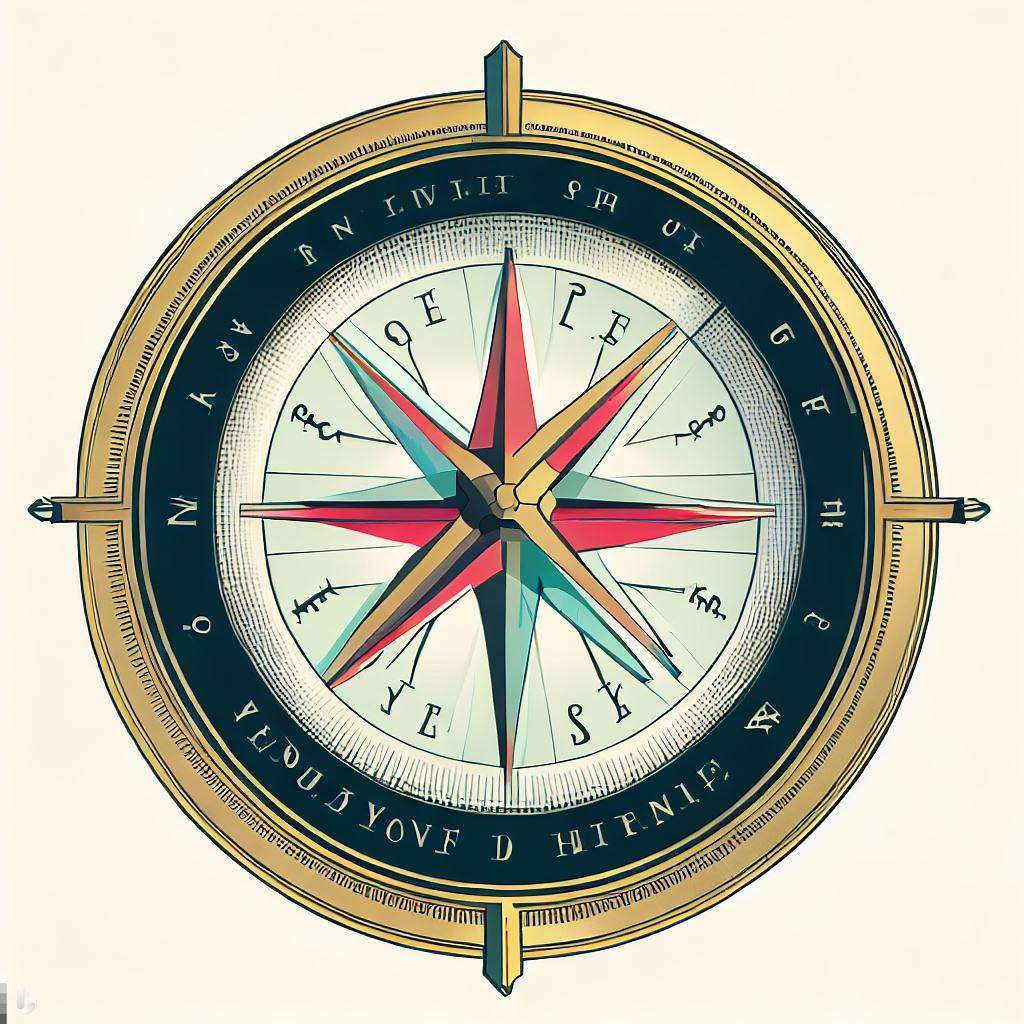”Tom Jones” by Henry Fielding stands as a timeless literary work that delves into the intricate tapestry of human morality. As they turn the pages of the book, readers will encounter a colorful array of characters. Each decision reflects the determination of their moral compass. In this exploration, we uncover the themes of virtue, vice, societal influence, and the transformative power of self-discovery. Fielding’s incisive commentary on hypocrisy and his nuanced portrayal of love’s intersection with morality add depth to the narrative. Through ethical dilemmas, judgment, forgiveness, and redemption, “Tom Jones” provides a compelling canvas to examine the multifaceted nature of morality and its enduring relevance.
Morality and Ethics in “Tom Jones”
At the heart of “Tom Jones” lies a profound exploration of morality and ethics. Readers are led to consider the subtleties of good and wrong by the moral systems that distinguish the characters’ decisions. Fielding’s portrayal of these characters’ diverse ethical beliefs serves as a reflection of the broader human experience, inviting us to consider how our values shape our actions.
Virtue and Vice in the Novel
Within the pages of the novel, the interplay between virtue and vice emerges as a central theme. Characters such as the titular Tom Jones and the enigmatic Blifil represent opposite ends of the moral spectrum. Their choices and trajectories serve as a compelling study in contrasts, shedding light on the complexities of human nature and the consequences of embracing either virtue or vice.
Social Class Influence on Morality
In the societal tapestry painted by Fielding, social class plays a pivotal role in shaping characters’ moral outlooks. The expectations and norms associated with each class exert significant influence over characters’ decisions, sometimes leading them to grapple with inner conflicts as they navigate the intersections of class and ethics.
Self-Discovery and Moral Growth
Tom Jones’ journey is not merely a series of events; it’s a transformative exploration of self and morality. As he matures, his experiences lead to profound moments of self-discovery. These moments of introspection catalyze his moral growth, highlighting the novel’s theme of personal evolution as a catalyst for ethical transformation.
Hypocrisy and Satire in “Tom Jones”
Fielding’s masterful use of satire exposes the hypocrisy that often lurks beneath the surface of social interactions. Through humorous and incisive depictions, the author unmasks pretentious behaviors and societal double standards. This satire serves as a moral commentary, compelling readers to question the authenticity of characters and institutions.
Love, Relationships, and Morality
Love and relationships occupy a significant space within the narrative, serving as conduits for moral exploration. Characters’ choices in matters of the heart often reveal the delicate balance between personal desires and ethical considerations. Fielding invites us to ponder whether love is a driving force toward virtue or a source of moral conflict.
Ethical Dilemmas in the Story
“Tom Jones” is replete with ethical dilemmas that force characters to confront their values head-on. These dilemmas provide a canvas for exploring the intricacies of decision-making and the complex interplay between personal principles and external pressures.
Judgment, Forgiveness, and Redemption
Characters in the novel grapple with judgment and forgiveness, reflecting the nuanced nature of human interactions. As they navigate the path to redemption, Fielding highlights the transformative power of acknowledging past mistakes and seeking forgiveness, showcasing the moral arc that threads through the narrative.
Fielding’s Moral Commentary
Henry Fielding’s authorial presence is palpable in the moral commentary woven into the narrative. His perspective on human behavior and his subtle insights into the human psyche create a rich tapestry of characters and their moral dilemmas.
Lessons from “Tom Jones”
In its entirety, “Tom Jones” offers a wealth of moral lessons and insights. The novel’s exploration of virtue, vice, societal influence, and personal growth leaves readers with a deeper understanding of the intricacies of human morality. These lessons, grounded in Fielding’s masterful storytelling, continue to resonate and offer wisdom to readers even centuries after their publication.
Conclusion
“Tom Jones” by Henry Fielding transcends its historical context to provide readers with a thought-provoking examination of morality’s many facets. Through the themes of virtue, vice, love, and self-discovery, the novel creates a compelling narrative tapestry that challenges readers to reflect on their own ethical beliefs. As we journey alongside characters grappling with ethical dilemmas, we are reminded of the enduring power of literature to illuminate the human experience and provoke contemplation on life’s most profound questions.








